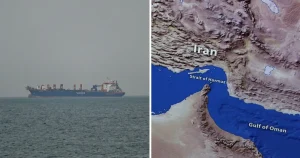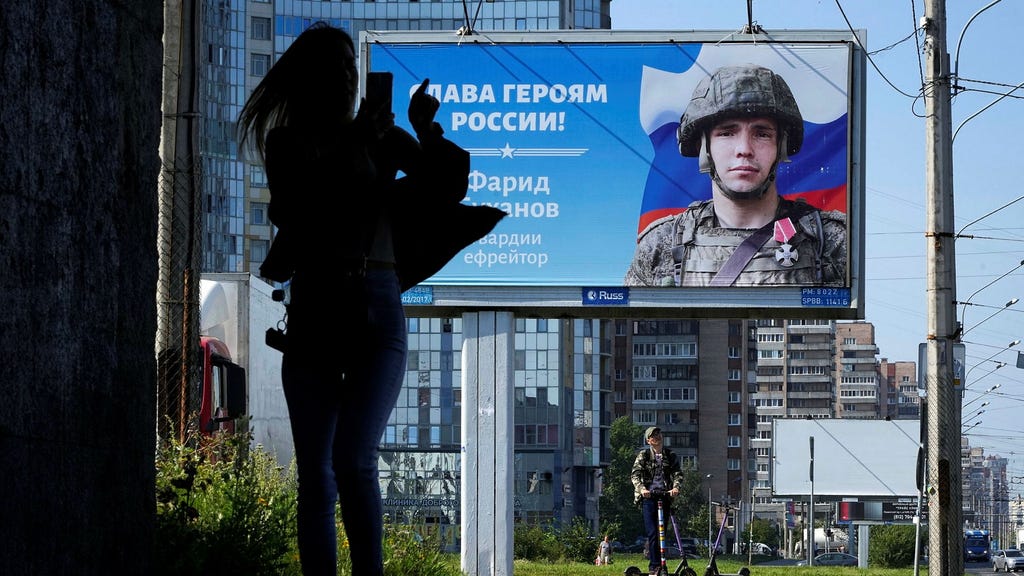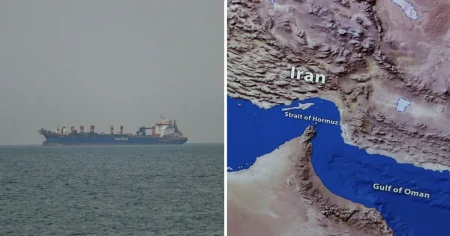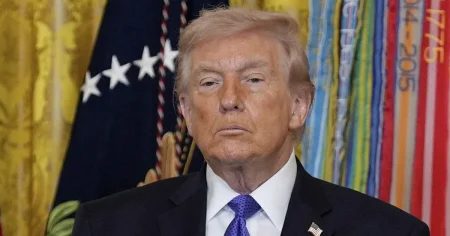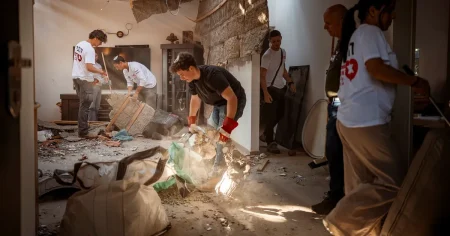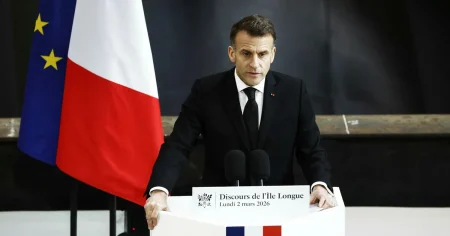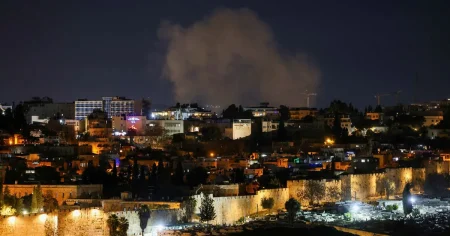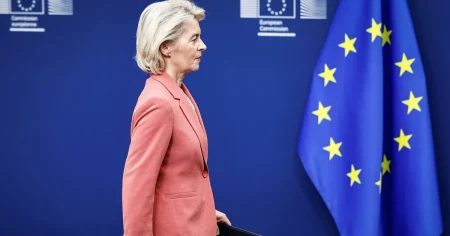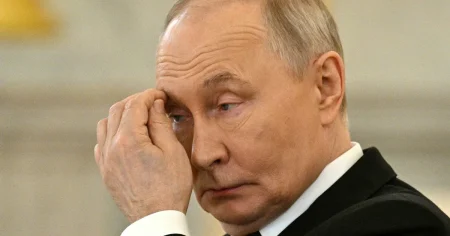The year 2024 witnessed a significant surge in the number of Russian soldiers prosecuted for refusing to fight, with figures doubling compared to the previous year. This alarming trend, according to military expert Jörgen Elfving, serves as a potent indicator of the deteriorating morale and precarious state of the Russian armed forces. The increasing reluctance to engage in combat suggests a multitude of underlying issues, including dwindling support for the war effort, declining confidence in military leadership, and the pervasive impact of battlefield casualties and hardships on the psyche of the Russian soldiers. This phenomenon raises critical questions about the long-term sustainability of Russia’s military operations and the potential for further internal dissent within its ranks. While the immediate impact on the overall effectiveness of Russian units remains uncertain, the escalating trend of refusal warrants close scrutiny as a potential harbinger of deeper systemic problems.
Several contributing factors likely fuel this growing wave of resistance. The protracted and increasingly brutal nature of the conflict has undoubtedly taken a toll on the morale of the troops. Constant exposure to danger, witnessing the loss of comrades, and experiencing the harsh realities of war can erode even the most steadfast resolve. Furthermore, reports of inadequate equipment, insufficient training, and logistical challenges further exacerbate the situation, leading to a sense of disillusionment and resentment among the rank and file. The lack of clear objectives and a perceived disconnect between the stated goals of the war and the reality on the ground may also contribute to the growing unwillingness to fight. These factors, when combined with the increasing awareness of the legal ramifications of refusing deployment, paint a complex picture of the internal struggles within the Russian military.
The legal framework surrounding military service in Russia is intricate and often subject to differing interpretations. While refusal to fight is technically a criminal offense, the specific circumstances surrounding each case, such as the soldier’s mental state, the conditions under which the refusal occurred, and the availability of alternative service options, can influence the outcome of the legal proceedings. The recent surge in prosecutions may reflect a hardening stance by military authorities, seeking to deter further refusals through exemplary punishments. Conversely, it could also indicate a growing willingness among soldiers to challenge the legality and morality of the orders they are given, suggesting a shift in their perceptions of the conflict and their individual roles within it.
The implications of this growing trend of refusal extend beyond the immediate battlefield. A decline in troop morale and a rise in disciplinary actions can significantly impact the overall effectiveness and combat readiness of military units. Units plagued by internal dissent, distrust, and a lack of motivation are less likely to perform optimally under pressure. Furthermore, the increased legal burden associated with processing these cases diverts resources and attention from other critical military tasks, potentially hindering operational efficiency. The long-term consequences of this trend could be far-reaching, potentially undermining Russia’s ability to sustain its military operations and impacting its strategic posture in the region.
However, assessing the true scale and impact of this phenomenon remains challenging. Access to reliable and comprehensive data from within Russia’s military is inherently limited, making it difficult to accurately gauge the prevalence of refusal cases and their broader impact on military operations. Official statements from the Russian government often downplay the significance of these incidents, attributing them to isolated cases of insubordination rather than a systemic problem. Independent verification of reported figures is often hampered by the secrecy surrounding military affairs and the potential for reprisals against those who speak out. Consequently, analyzing the long-term implications necessitates careful consideration of both available data and the broader geopolitical context.
Looking ahead, the trend of increasing refusals to fight within the Russian military warrants continued monitoring. It represents a critical indicator of the internal dynamics and morale within the armed forces, offering valuable insights into the potential vulnerabilities and challenges facing Russia’s military campaign. The evolving legal landscape surrounding these cases, as well as the government’s response to this growing dissent, will play a crucial role in shaping the trajectory of the conflict. Further research and analysis are essential to fully understand the complex interplay of factors driving this phenomenon and its potential to reshape the military and political landscape in the region. The ramifications of this growing trend could be profound, potentially impacting not only the outcome of the current conflict but also the future stability of Russia’s military and its role on the global stage.



